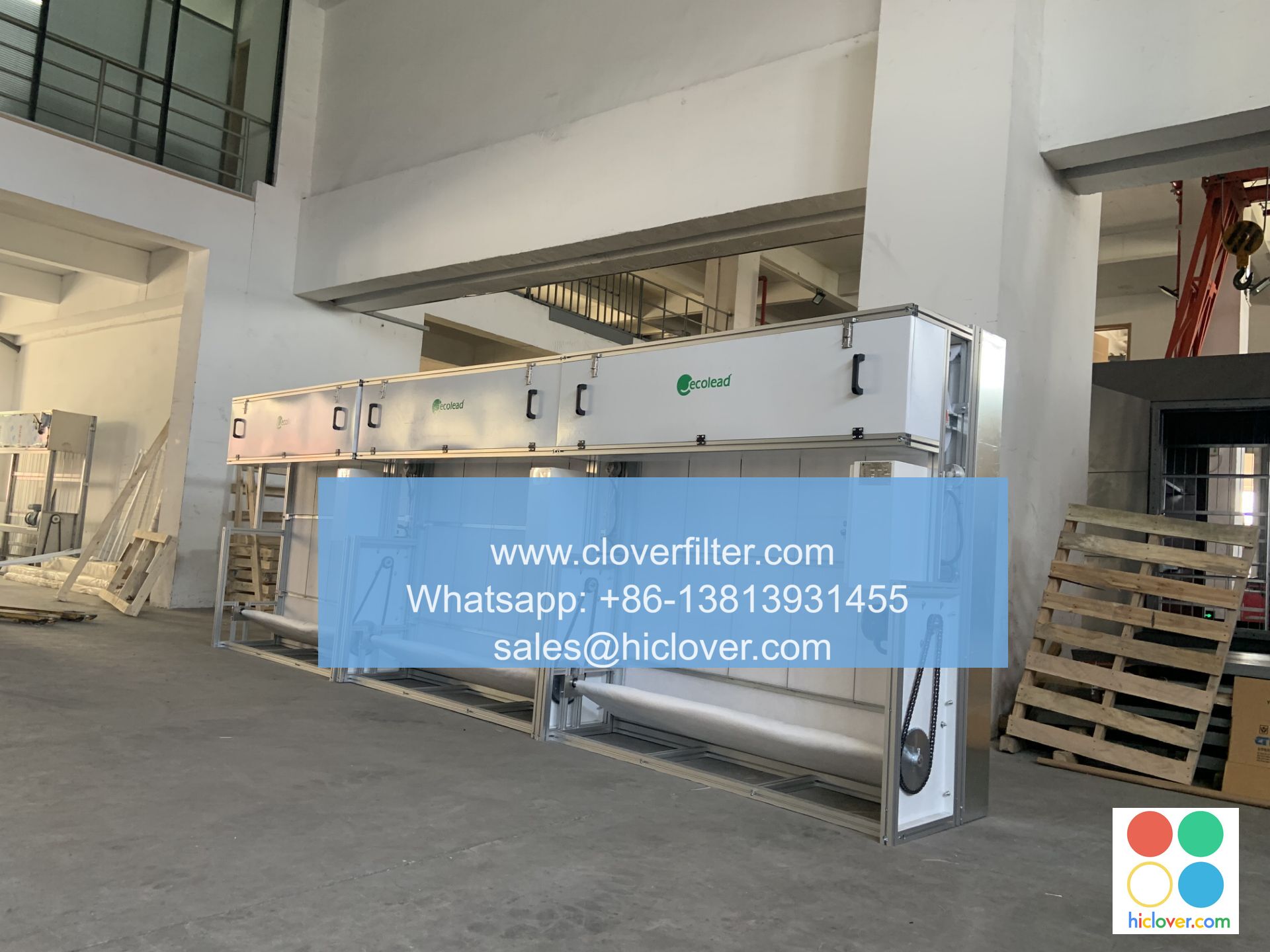From Stinky to Fresh: The Impact of Air Filters on Indoor Air Quality

From Stinky to Fresh: The Impact of Air Filters on Indoor Air Quality
Introduction
Indoor air quality is a growing concern for many individuals, as the air we breathe indoors can be significantly different from the air outside. Poor air quality can lead to a range of health problems, from respiratory issues to headaches and fatigue. In this article, we will explore the impact of air filters on indoor air quality and highlight various application areas where air filters can make a significant difference.
The Importance of Air Quality
Indoor air quality is influenced by a range of factors, including ventilation, humidity, temperature, and air pollutants. The most common indoor air pollutants include particulate matter (PM), nitrogen dioxide (NO2), carbon monoxide (CO), and volatile organic compounds (VOCs). These pollutants can come from a variety of sources, including construction materials, furniture, cleaning products, and cooking.
How Air Filters Improve Indoor Air Quality
Air filters are designed to remove pollutants and particulate matter from the air, improving indoor air quality. They work by using a combination of physical and chemical mechanisms to capture pollutants and clean the air. There are several types of air filters available, including:
- HEPA filters: High-Efficiency Particulate Air filters are designed to capture 99.97% of particles as small as 0.3 microns.
- Activated carbon filters: These filters use activated carbon to absorb VOCs and other gases.
- Fiberglass filters: These filters use fiberglass to capture larger particles and debris.
- Residential spaces: Air filters can be installed in homes, apartments, and condos to improve indoor air quality and reduce exposure to pollutants.
- Commercial spaces: Air filters are used in offices, restaurants, and other commercial buildings to improve indoor air quality and reduce the risk of respiratory problems.
- Healthcare facilities: Air filters are used in hospitals, clinics, and other healthcare facilities to reduce the risk of infection and improve indoor air quality.
- Industrial spaces: Air filters are used in manufacturing facilities, warehouses, and other industrial settings to improve indoor air quality and reduce exposure to pollutants.
- Transportation: Air filters are used in vehicles, aircraft, and other modes of transportation to improve indoor air quality and reduce exposure to pollutants.
- Improved indoor air quality: Air filters can remove pollutants and particulate matter from the air, improving indoor air quality and reducing exposure to pollutants.
- Reduced health risks: By removing pollutants and particulate matter from the air, air filters can reduce the risk of respiratory problems and other health issues.
- Increased energy efficiency: Air filters can help improve the efficiency of heating and cooling systems, reducing energy consumption and costs.
- Extended equipment life: By removing pollutants and particulate matter from the air, air filters can help extend the life of equipment and machinery.
Application Areas
Air filters are used in a range of application areas, including:
Benefits of Using Air Filters
Using air filters can have a range of benefits, including:
Conclusion
In conclusion, air filters play a critical role in improving indoor air quality and reducing exposure to pollutants. Whether used in residential, commercial, or industrial settings, air filters can make a significant difference in the air we breathe. By choosing the right air filter for your needs, you can enjoy improved indoor air quality, reduced health risks, and increased energy efficiency.
It seems you’ve accidentally sent a blank prompt or tried to initiate a conversation without a specific question or topic. Would you like to try again? What would you like to chat about, ask a question, or discuss? I’m here to help!

